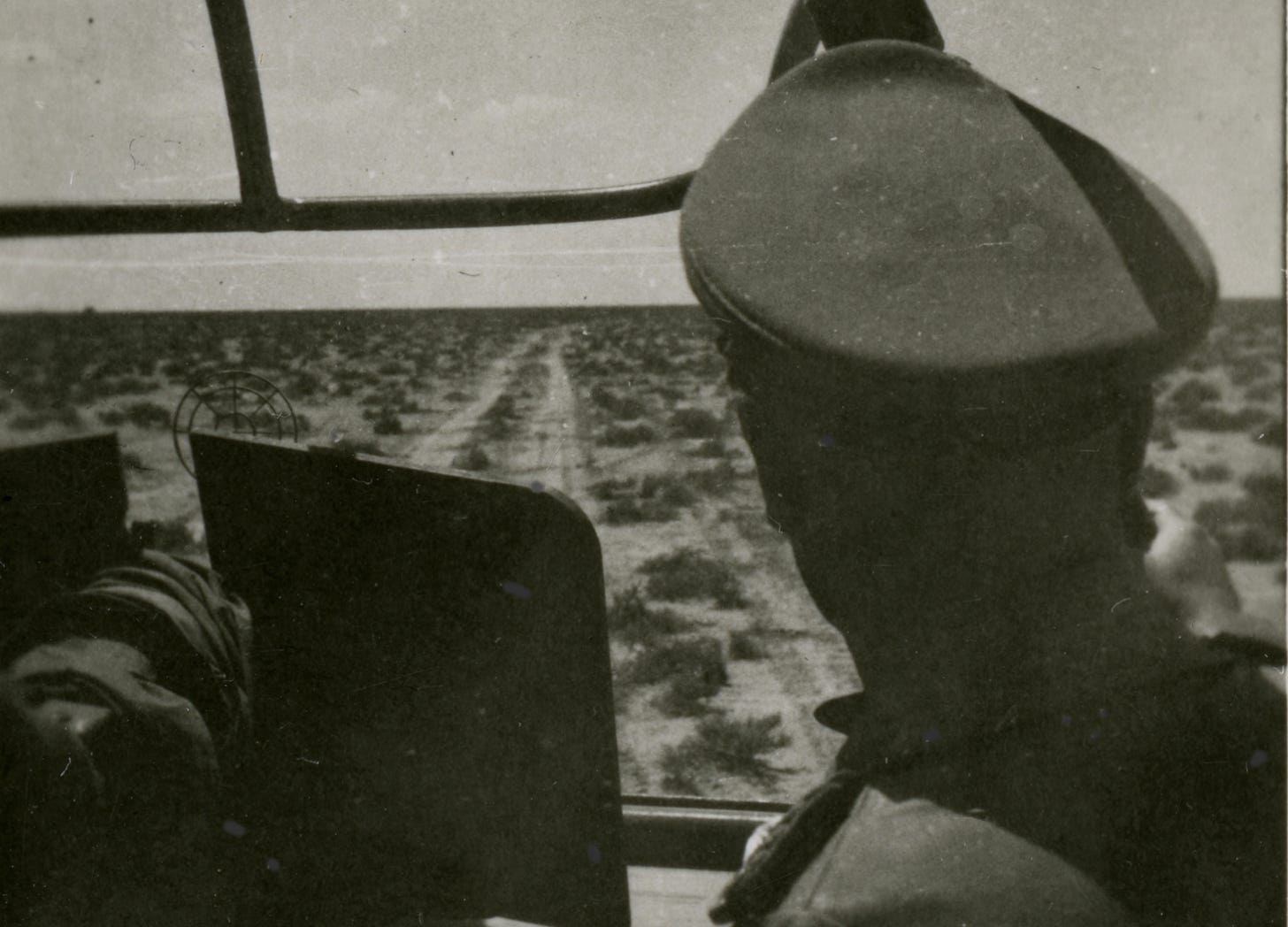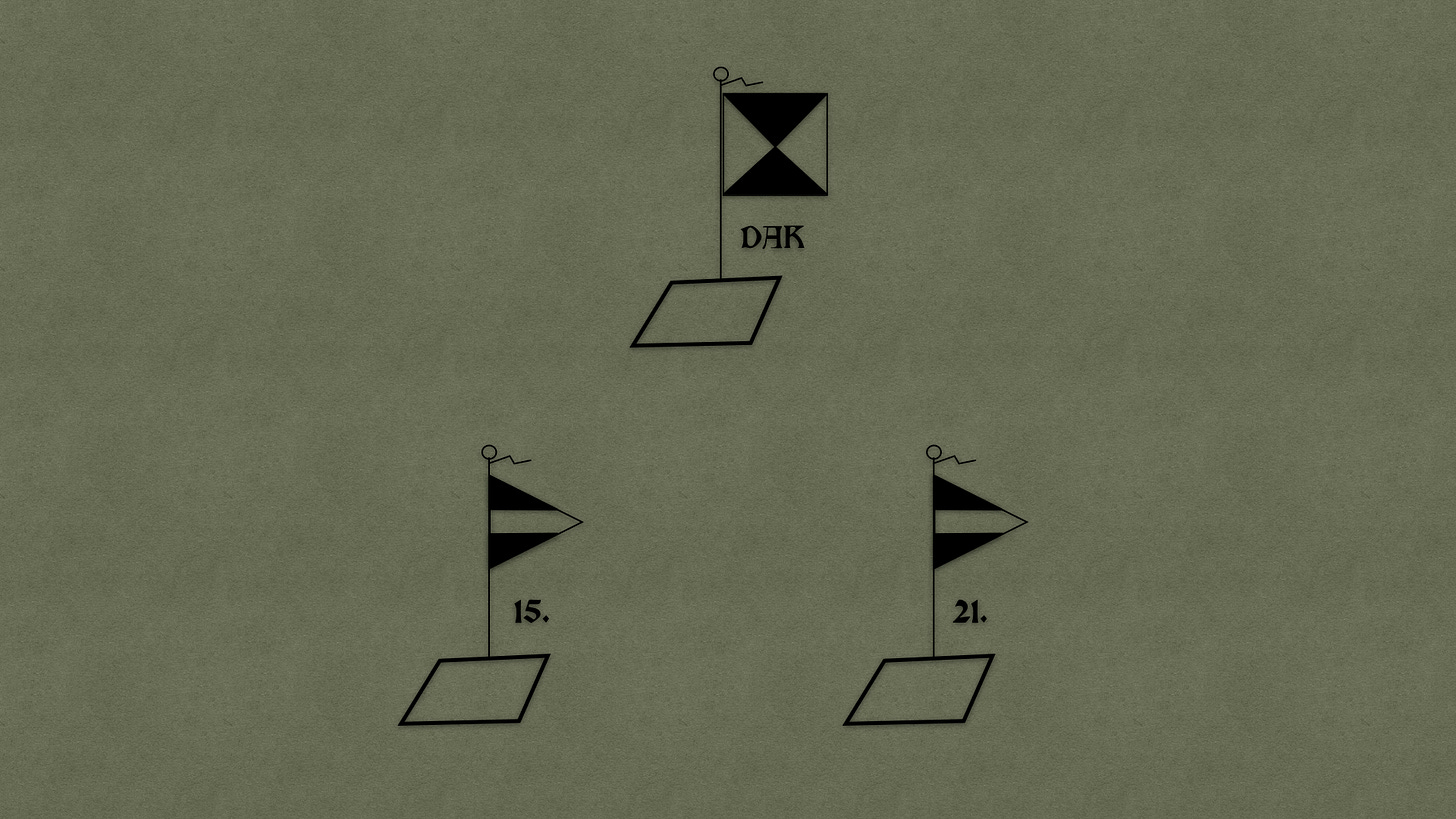If you are new to the art of working through decision-forcing cases, please read …
Your name is Ludwig Crüwell. You were born, on 20 March 1892, in Dortmund, in the Rhine Province of the Kingdom of Prussia, where you father owned a company that published text-books and hymnals. After earning your baccalaureate (Abitur) from a classical secondary school (Humanistisches Gymnasium), you briefly studied law and economics at universities in Münich and Grenoble. On 6 March 1911, you reported for duty, as an officer candidate, to the 1st Hanoverian Dragoon Regiment, then located in the fortress city of Metz.
Between 1 October 1911 and 30 June 1912, you attended a course for junior officers at the War School (Kriegsschule) at Bad Hersfeld. After graduation, you returned to your regiment, where, on 18 August 1912, you were promoted to the rank of second lieutenant.
During the First World War, you served as a patrol leader (August 1914 through September 1916), senior staff officer (Adjutant) for your regiment (September 1916 through May 1917), junior staff officer (Ordnanzoffizier) for the 233rd Infantry Division (May 1917 through October 1917), company commander in the 450th Infantry Regiment (November 1917 through January 1918), senior staff officer of the 233rd Artillery Command (January 1918 through March 1918), and senior staff officer of the 19th National Guard (Landwehr) Infantry Brigade (March 1918 through November 1918.)
After the First World War, you were one of the relatively small number of officers who were retained by the army of the new German Republic. Between 1919 and 1934, you served in the main office of the Ministry of Defense, on the staff of the 2nd Cavalry Division, and as a squadron commander in the 12th Cavalry Regiment. In 1934, you transferred to the Motorized Combat Troops (Kraftfahrkampftruppen), the branch that would eventually become the Quick Troops (Schnelletruppen.) Between 1934 and 1939, you commanded a motorized anti-tank battalion and, after your promotion to colonel, the 6th Tank Regiment.
The outbreak of the Second World War found you in charge of a department of the Army General Staff. During the battle for France of May and June 1940, you served as chief-of-staff of the 16th Army. Soon thereafter, you took command of the 11th Armored Division, which you led in both the Balkan campaign of the spring of 1941 and the invasion of the Soviet Union of the summer of that year. On 1 September 1941 you were promoted to the rank of lieutenant general and appointed to the command of the Africa Corps.
The case continues with …








